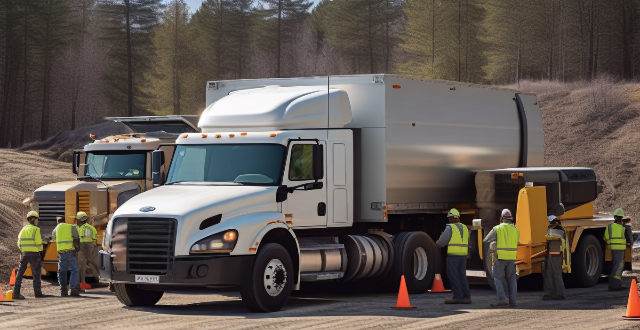Hub motors are generally more efficient than traditional motors due to their direct drive design and lightweight construction. However, traditional motors may still be suitable for certain applications where weight and cooling requirements are not major concerns.

Are Hub Motors More Efficient Than Traditional Motors?
Hub motors and traditional motors have different advantages and disadvantages, and their efficiency depends on various factors such as power output, energy consumption, weight, and cooling requirements. In this article, we will compare the efficiency of hub motors and traditional motors to help you make an informed decision.
Power Output
- Hub Motors: Hub motors are designed to provide high power output in a compact package. They are typically used in electric vehicles and can deliver up to several hundred horsepower.
- Traditional Motors: Traditional motors are available in a wide range of sizes and power outputs, from small hobby motors to large industrial machines. They can also be designed for high power output but may require additional components such as gearboxes or transmissions.
Energy Consumption
- Hub Motors: Hub motors are generally more energy-efficient than traditional motors due to their direct drive design. This means that there is less energy loss during the conversion process between the battery and the wheels.
- Traditional Motors: Traditional motors often require additional components such as gearboxes or transmissions, which can increase energy consumption and reduce overall efficiency.
Weight
- Hub Motors: Hub motors are typically lighter than traditional motors because they do not require additional components such as gearboxes or transmissions. This makes them ideal for applications where weight is a concern, such as electric vehicles.
- Traditional Motors: Traditional motors may be heavier due to the additional components required for operation. However, they can still be suitable for applications where weight is not a major concern.
Cooling Requirements
- Hub Motors: Hub motors generate heat during operation, which can cause overheating if not properly cooled. They typically require specialized cooling systems to maintain optimal performance and prevent damage.
- Traditional Motors: Traditional motors also generate heat during operation but may have simpler cooling requirements depending on their size and power output. Some larger motors may require external cooling systems or fans.
Conclusion
In conclusion, hub motors are generally more efficient than traditional motors due to their direct drive design and lightweight construction. However, traditional motors may still be suitable for certain applications where weight and cooling requirements are not major concerns. When choosing between hub motors and traditional motors, it is important to consider your specific needs and priorities to ensure that you select the most appropriate solution for your project.